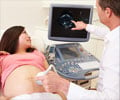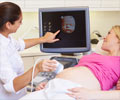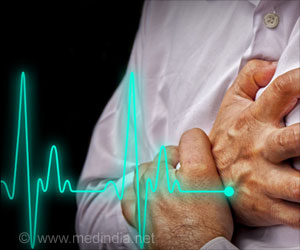A ground-breaking technique that could eliminate radiation exposure in patients to treat common heart disorder has been by scientists.
A ground-breaking technique that could eliminate radiation exposure in patients to treat common heart disorder has been by scientists.
Experts at the University of Virginia Health System developed the new x-ray free technique to treat atrial fibrillation (AF), a condition characterised by an irregular heart rate that can lead to weakness, blood clotting and even stroke.Lead researcher John D. Ferguson, associate professor of cardiology in the UVA School of Medicine, said: "One of the most exciting things about our research is the direct impact on patient care and safety. Cardiac interventions continue to evolve toward lower risk procedures, and this study is another huge step in that direction."
The new method makes use an ultrasound catheter (intracardiac echocardiography) and a computer mapping system to obtain high resolution images of the heart and other key anatomic structures.
It also uses cardiac MRI instead of CT scans for all required imaging prior to the procedure, possibly cutting down the potential long-term effects of radiation exposure for patients and medical providers.
Brian Annex, chief of the UVA Division of Cardiology, said: "Larger studies are needed to confirm the safety of the procedure, but the concept that you can perform complex electrophysiology procedures without any use of x-ray is outstanding.
"This research is a ground-breaking step in our efforts to minimize radiation exposure to all patients. This is a major goal that is especially critical to those most vulnerable -- patients who would otherwise require excessive radiation due to weight, women of child bearing potential, and of course children and younger adults."
Advertisement
Source-ANI
TRI















